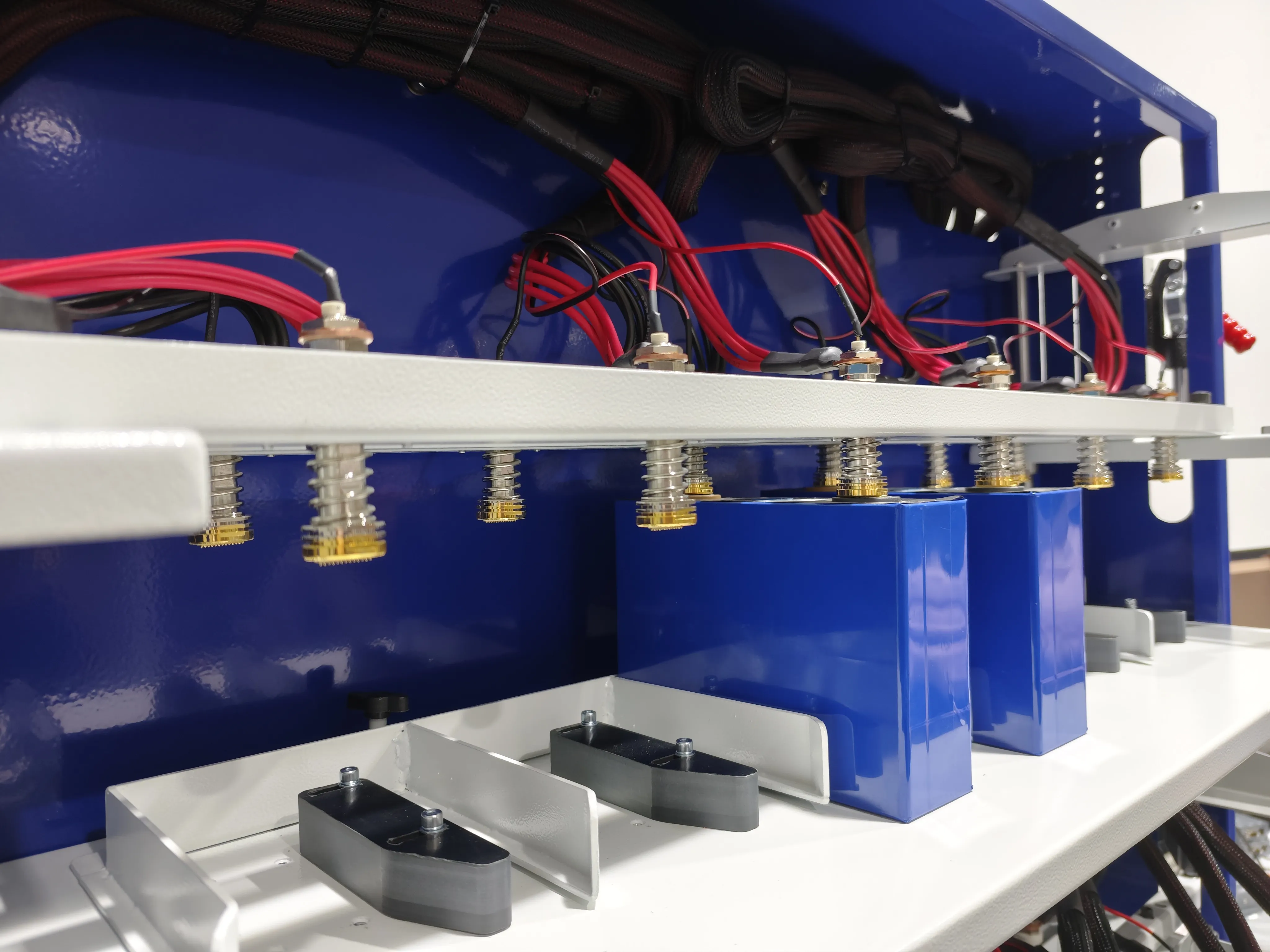In the ever - expanding realm of lithium battery technology, lithium battery formation and capacitance tester cabinets play a pivotal role. These cabinets are not only essential for ensuring the quality and performance of lithium batteries but also find applications in a wide range of industries. Let's explore some of the key application scenarios where these cabinets are indispensable.

1. Consumer Electronics Manufacturing
Consumer electronics such as smartphones, tablets, laptops, and wearable devices rely heavily on lithium batteries for power. In the manufacturing process of these devices, lithium battery formation and capacitance tester cabinets are used to ensure that each battery meets the required specifications.
Smartphone manufacturers, for example, need to ensure that the batteries used in their devices have a consistent capacity and performance. The formation and capacitance tester cabinets are used to charge and discharge the batteries multiple times, accurately measuring their capacity and voltage characteristics. This helps in detecting any defective batteries early in the production process, reducing the risk of product recalls and customer dissatisfaction.
For wearable devices like smartwatches and fitness trackers, where battery life is a critical factor, the accurate measurement of battery capacitance is even more crucial. The tester cabinets help in optimizing the battery performance to ensure that these devices can last for extended periods between charges.
2. Electric Vehicle (EV) Production
The electric vehicle industry is experiencing rapid growth, and the quality and performance of lithium - ion batteries are the key determinants of an EV's success. Lithium battery formation and capacitance tester cabinets are extensively used in EV battery manufacturing plants.
EV batteries need to have a high capacity and long cycle life to provide sufficient range and durability. The formation process carried out by the tester cabinets helps in creating a stable solid - electrolyte interface (SEI) layer on the battery electrodes, which is essential for efficient lithium - ion transfer. Capacitance testing ensures that the batteries can store and release the required amount of energy.
Moreover, in large - scale EV battery production, the tester cabinets with multiple channels can handle a large number of batteries simultaneously. This enables manufacturers to meet the high production demands while maintaining strict quality control. The data collected from these cabinets also helps in optimizing the battery management system, which is crucial for the overall performance and safety of the EV.
3. Energy Storage Systems (ESS)
Energy storage systems are becoming increasingly important as the world moves towards a more sustainable energy future. Lithium - ion batteries are widely used in ESS to store excess energy generated from renewable sources such as solar and wind.
Lithium battery formation and capacitance tester cabinets are used in the manufacturing of ESS batteries to ensure their reliability and performance. In an ESS, the batteries need to be able to charge and discharge efficiently over a long period. The tester cabinets help in screening out batteries with poor performance, ensuring that only high - quality batteries are used in the system.
For large - scale grid - connected ESS, the accurate measurement of battery capacitance is crucial for power management. The data from the tester cabinets can be used to balance the charge and discharge of individual batteries within the system, improving the overall efficiency and lifespan of the ESS.
4. Aerospace and Defense
In the aerospace and defense industries, the reliability and performance of lithium batteries are of utmost importance. Lithium battery formation and capacitance tester cabinets are used to test and qualify batteries for use in aircraft, satellites, and military equipment.
Aircraft rely on lithium batteries for various functions, including emergency power systems and avionics. The batteries need to be able to perform under extreme conditions, such as high altitude, low temperature, and high vibration. The formation and capacitance testing processes help in ensuring that the batteries can meet these stringent requirements.
Satellites also use lithium batteries to store energy for their operation in space. The long - term reliability of these batteries is crucial, as it is often difficult to replace them once the satellite is in orbit. The tester cabinets are used to conduct comprehensive tests on the batteries to ensure their performance over an extended period.
5. Battery Recycling and Remanufacturing
With the increasing demand for lithium batteries, battery recycling and remanufacturing have become important industries. Lithium battery formation and capacitance tester cabinets play a vital role in these processes.
When recycling lithium batteries, it is necessary to test the remaining capacity and performance of the used batteries. The tester cabinets can accurately measure these parameters, helping to determine which batteries are suitable for remanufacturing and which need to be recycled further.
In the remanufacturing process, the batteries are re - conditioned and tested again using the formation and capacitance tester cabinets. This ensures that the remanufactured batteries meet the required quality standards and can be reused in various applications.
In conclusion, lithium battery formation and capacitance tester cabinets are essential in a wide variety of industries. Their applications range from consumer electronics to high - tech aerospace and defense, as well as emerging fields like battery recycling. As the demand for lithium batteries continues to grow, the importance of these cabinets in ensuring battery quality and performance will only increase.



